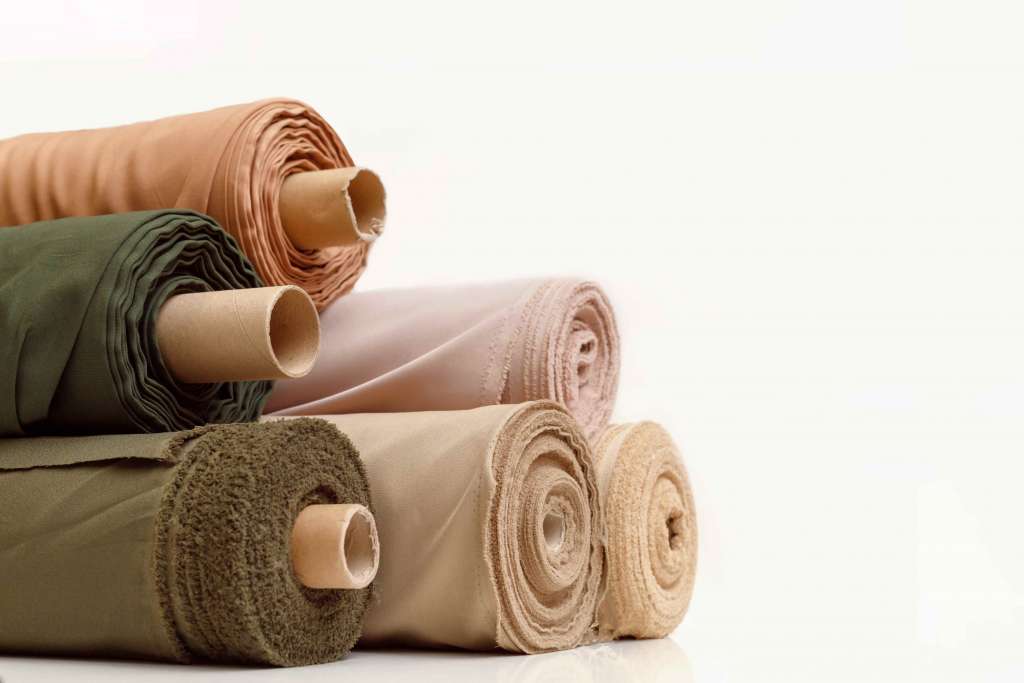Finding the right wholesale textile supplier is one of the most important steps for any clothing brand, fashion designer, or business that depends on fabric. The textile supplier you select affects everything — your product quality, delivery time, and overall profit margin.
In this article, we’ll discuss how to select a trustworthy textile supplier, what to look for, common mistakes to avoid, and how partnering with a reliable supplier can help your business grow faster.
What Does a Wholesale Textile Supplier Do?
A wholesale textile supplier provides large quantities of fabrics, threads, and related materials to manufacturers, designers, and retailers at affordable wholesale prices.
These suppliers often offer various types of fabrics such as cotton, silk, linen, wool, and synthetic materials. One trusted option in this industry is wholesale textile supplier, known for offering durable, premium fabrics to different businesses worldwide.
By buying from a wholesale supplier, you save money and ensure that your production never stops due to a lack of materials.
Why Your Business Needs a Reliable Textile Supplier
Having a dependable textile partner offers several benefits beyond just getting materials. Here’s why every business must work with a professional supplier:
- High-Quality Materials: Ensures products feel and look premium.
- Bulk Discounts: Buying in large quantities reduces cost per unit.
- Consistent Supply: Prevents delays and production halts.
- Variety of Fabrics: Access to hundreds of fabric types and colors.
- Better Customization: Some suppliers offer personalized weaving or dyeing services.
Factors to Consider Before Choosing a Textile Supplier
Before you select a supplier, keep these factors in mind to make a smart business decision:
- Experience and Reputation
Choose suppliers who have been in business for several years and hold positive reviews from customers.
- Product Range
Go for a supplier that provides multiple fabric options — from natural to synthetic.
- Pricing and Payment Terms
Transparent pricing helps you avoid hidden costs. Always compare rates before making deals.
- Customer Service
Quick responses and helpful communication make a huge difference.
- Shipping and Delivery
Reliable logistics ensure your orders reach you safely and on time.
- Sustainability Commitment
Today’s market values eco-friendly suppliers who use organic or recycled materials.
Pros and Cons of Buying from a Wholesale Textile Supplier
| Pros | Cons |
| Lower fabric costs through bulk buying | Minimum order amounts can be high |
| Access to a wide range of materials | Limited flexibility for small businesses |
| Reliable stock availability | Shipping delays may occur during busy seasons |
| Opportunity for long-term partnerships | Quality issues may arise if suppliers change batches |
Steps to Work Effectively With Your Textile Supplier
Building a long-term, successful relationship with your supplier requires a few simple but powerful steps:
- Clear Communication: Always explain your product needs and deadlines clearly.
- Request Fabric Samples: Test quality before placing large orders.
- Negotiate Smartly: Discuss pricing, return policies, and discounts politely but firmly.
- Start Small, Then Scale: Place a smaller test order before committing to large quantities.
- Maintain Good Relations: Treat your supplier as a business partner, not just a vendor.
Sustainable Textile Sourcing: The Future of Fabrics
Sustainability is becoming the heart of the textile world. Modern customers prefer eco-friendly fabrics and ethical production.
Top suppliers like wholesale textile supplier are now adopting greener methods, such as using organic fibers, minimizing chemical dyes, and recycling textile waste. These practices not only protect the environment but also increase brand trust among conscious buyers.
If your business focuses on sustainable fashion, partnering with an environmentally responsible supplier is a big plus.
Common Mistakes to Avoid
Here are some typical mistakes that can cause problems in textile sourcing — and how to avoid them:
- Skipping Quality Tests: Always check fabric quality before bulk purchases.
- Ignoring Minimum Order Terms: Confirm the order quantity requirement early.
- Overlooking Hidden Costs: Check for shipping, customs, and extra fees.
- Not Checking Reviews: Read online feedback before signing any agreement.
- No Backup Supplier: Always have a secondary supplier in case of emergencies.
Frequently Asked Questions (FAQs)
Q1. How do I find a reliable textile supplier online?
Look for websites with transparent information, verified reviews, and clear product details — like wholesale textile supplier.
Q2. What is the minimum order quantity (MOQ) in wholesale textiles?
It varies depending on the supplier, usually between 50–500 meters of fabric.
Q3. Can I order custom fabrics or designs?
Yes, many suppliers offer custom dyeing, printing, or pattern options for bulk buyers.
Q4. How can I ensure fabric quality before ordering?
Ask for fabric swatches or samples and check the texture, color, and strength.
Q5. Is buying in bulk suitable for small businesses?
Yes, even small businesses benefit from wholesale buying because it reduces cost per meter and ensures a steady inventory.
Conclusion
Choosing the right wholesale textile supplier can completely transform your business success. From premium-quality fabrics to steady stock and fair pricing, the right supplier helps you deliver excellence to your customers every time.
If you’re looking for trusted, high-quality, and eco-conscious fabric sourcing, visit wholesale textile supplier. They provide dependable services and premium textiles that meet the needs of both small and large businesses worldwide.





























